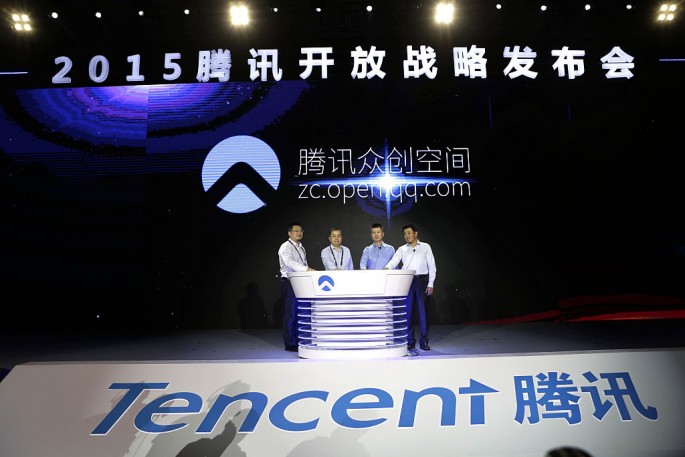The Chinese government wants to take a small stake from Internet firms in the country in a bid to further tighten its control over the World Wide Web.
First reported in The Wall Street Journal, China's Web regulators are proposing that the central government require Web companies to give the state a 1-percent stake.
Citing unnamed sources, the WSJ said that this would allow a representative from the government to be part of the board of China's biggest Internet giants after buying "special management shares."
This would lend the government a more direct influence over the Web to further implement the Communist Party of China's policies on the Internet, particularly on censorship.
Internet Companies
According to the proposal, the Web firms should be placed under the oversight of the State Administration of Press, Publication, Radio, Film and Television and the Cyberspace Administration of China.
If approved, the companies that are expected to be affected by this proposal include Tencent Holdings Ltd., Baidu Inc., NetEase Inc., and many other large-scale online media firms.
But insiders told the WSJ that the proposal is highly unlikely to be approved because of the huge chance of complexities along the way, including the fact that these Chinese companies are enlisted in stock exchanges abroad which could result in resistance from exchange operators or foreign investors.
According to EJ Insight, while the proposal may not materialize because of its vague clauses, there is a great question as to how much control the government of China would require until it is finally satisfied.
Currently, the Communist government is requiring Web firms to censor themselves, requiring much investment on the part of the companies.
China's Control Over the Internet
When it comes to Internet censorship, there is no question that China's Great Firewall is one of the most effective Web filtering information centers in the country's cyberspace.
In a special feature, the Huffington Post summarized all the things that a user is unable to do when accessing the Internet from China, such as the use of the world's widely used search engine, Google, along with its useful tools and components like Gmail, Google Maps and Google Drive.
Aside from that, some terms such as spiritually related topics like Falun Gong or controversial political issues such as the Tiananmen Square cannot be searched even with the use of an approved search engine.
In terms of social media, China has no access to some of the most popular websites including Whatsapp, YouTube, Instagram, Facebook, Twitter, and many others.



























